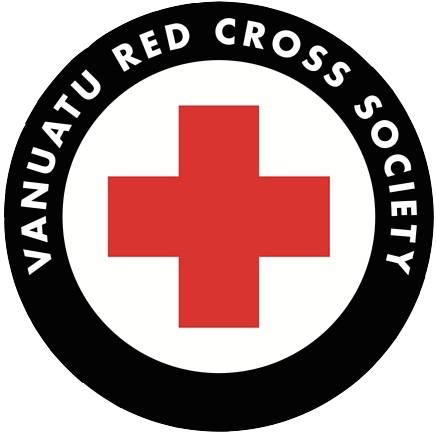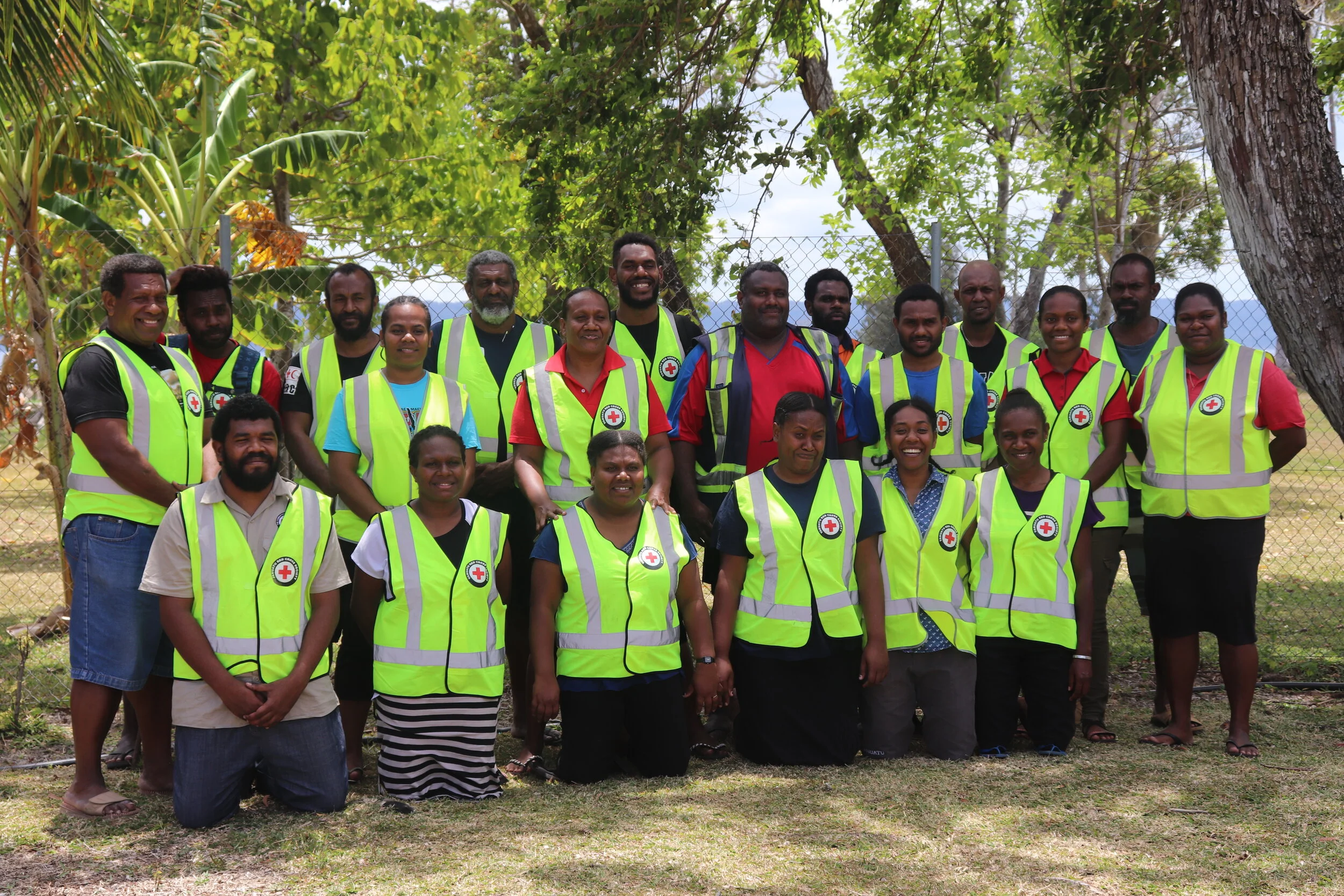Vanuatu Red Cross Society (VRCS) has been responding to almost 2-3 Hazard Major Hazards a Year and have been facing all sort of Hazard since 2015 cyclone Pam. Since then the Vanuatu Red Cross has learned a lot and has identified areas of weakness and Gabs for improvement.
Since these year 2019, the Vanuatu Red Cross has done allot to fix these Gabs to improve future responses, these included integrating the standard operation procedures so that all Health and Disaster Management (DM) interventions in a Response are well coordinated and in a synchronized planned of Actions.
Furthermore there was an all Hazard contingency planning that was also conducted to compliment the VRCS Plan of decentralization and also making sure all level of responses are considered, for instance in a Likely case scenario, the response will be between the Community and Branch level and for a most likely case is for the branch and National Head Quarters to respond to and in a Worst case scenario then Donors and IFRC are being notify to assist the response, these measures were being put in place to improve a timely response with the limited resources of the Vanuatu Red Cross and making sure all intervention will have to reach the last mile or reaching the Most Vulnerable People in the Community.
Thus the VRCS has improved its response Structures for all scenarios and have Recruited more Volunteers in the Communities and Branch level and have continuously trained them with the Emergency Response team Training and Community Emergency Response team training and early warning early Actions Training.
However there is a Huge need to improve the Capacity of the National Society staffs and Branch Managers to improve their knowledge and skills on how to write a SMART ( specific, Measurable, Achievable, Relevant and time bound) Emergency Plan of Action ( Taking into consideration all Sectors DM, Water Sanitation & Hygiene (WASH), Health, Logistics, Program Monitoring Evaluation and Reporting (PMER), Information Management, Shelter, Cash Base Intervention and all Cross cutting issues) and also knowing how to create a Budget that is linked to the plan of Action and also knowing how to report on each Operation updates in accordance to the IFRC standards.
VRCS requested IFRC to support the facilitation of their first ever National Emergency Response Team (NERT) training. This is a contribution to one of the key recommendations under the Preparedness for Effective Response (PER) assessment on how to retain volunteers and staff, providing induction and technical training to the staff and volunteers as one of the characteristics of a well-prepared National Society. It is also one of the targets by the VRCS to ensure that their National Emergency Response Team (ERT) is established as part of their preparedness for the cyclone season.
The training was more advance from the ERT and Community Emergency Response Team (CERT) and was conducted to strengthen the existing disaster response capacities by developing the skills of experienced Disaster Response members from the Vanuatu Red Cross society.
After the one week workshop, 20 staff’s and volunteers have improved their capacity as NERT leaders who can be deployed to assist branch upon their request for humanitarian assistance. As part of this training they were able to understand all the IFRC response tools and procedures and are able to execute all tasks needed inline with the VRCS Standard Operation procedures in Emergencies and abiding with the Seven Fundamental Principles, Core Humanitarian Standards and the Sphere Standards.
Training Date: 6 - 11 October 2019
Training Location: Efate, Pango Village

